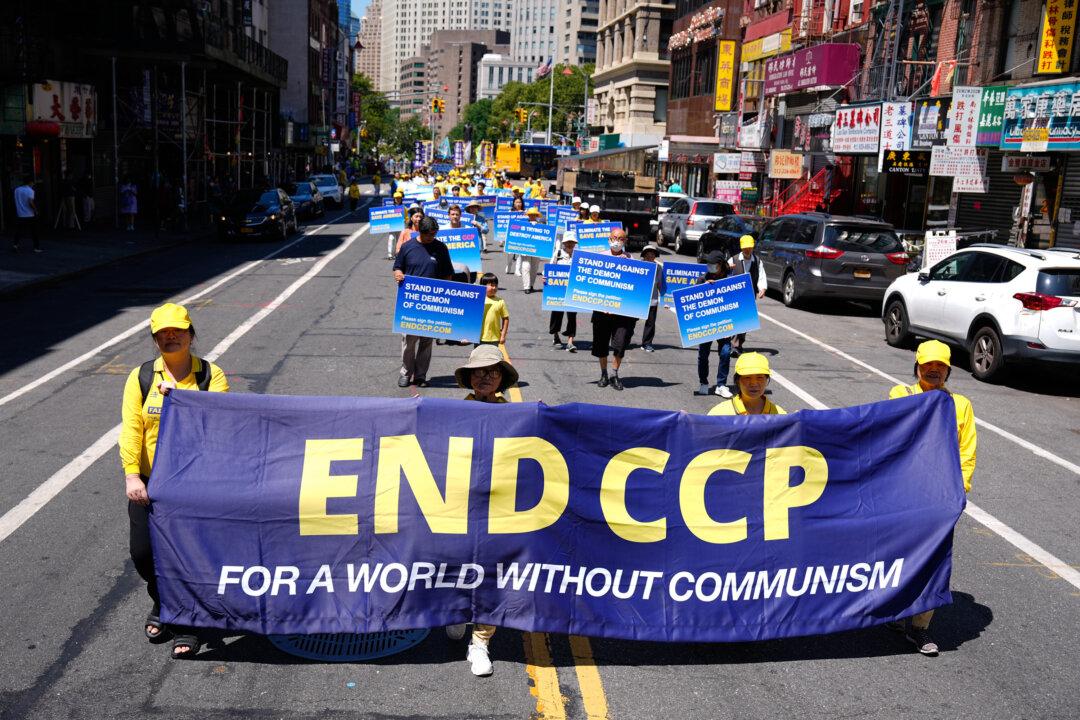Commentary
Last month, Xi Jinping got his third-and-forever term as general secretary of the Chinese Communist Party (CCP). He used the opportunity to subdue talk of China’s sputtering economy and accelerate preparations for war. Many of China’s technological and entrepreneurial elites are responding by fleeing the country. They want new passports and lives abroad.





